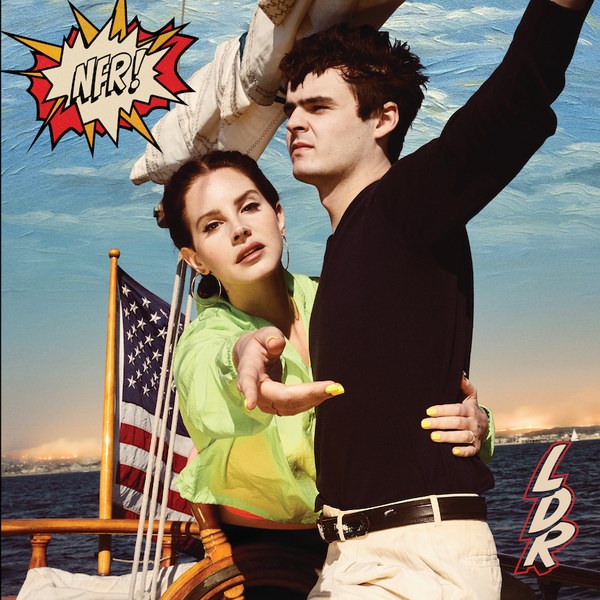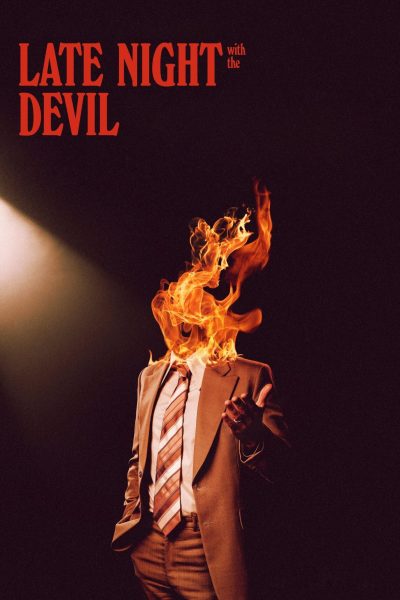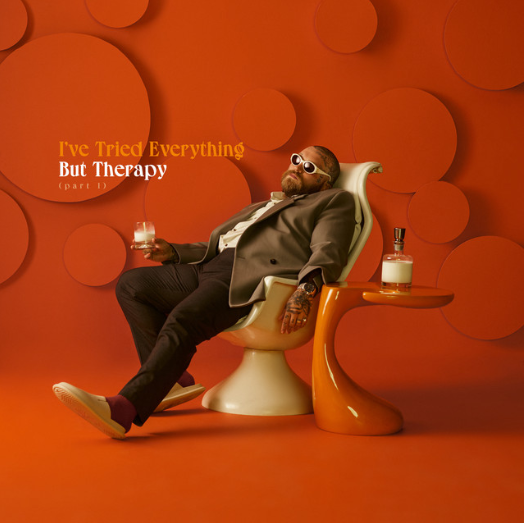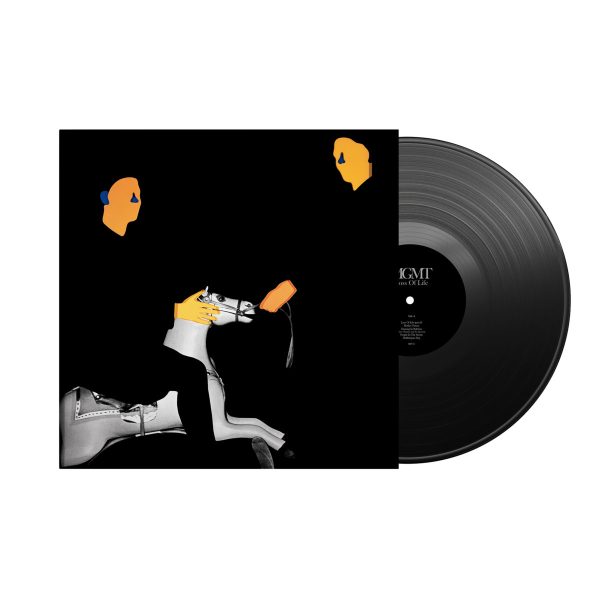Lana Del Rey: A Woman Who Knows What She Deserves

Photo Courtesy of Pitchfork.
Lana Del Rey’s new album “Norman F*****ing Rockwell,” or “NFR,” shows how the singer-songwriter has evolved over the decade she has spent in the music industry. “NFR” is the self-portrait of a woman who knows she’s stronger than those around her and who keeps fighting back against the idea of a lack-luster life.
“NFR” was released on Aug. 30, 2019 and has received both critical and commercial success. It is currently sitting at no. 3 on the Billboard 200, and it received a score of 9.4/10 on Pitchfork.
This album has been a long time coming. I remember sitting at the clock tower in September of 2018 and listening to the lead single “Mariners Apartment Complex.” We all expected the full-length album to be following shortly, but here we are, almost a year later.
That’s okay, though, because “NFW” is an album that has been aged to taste. Lana Del Rey started her career in the dive bars of New York City singing about teenage wastelands and the devastation of beat poetry. In terms of material, there has been a progression in her work since those days. “NFW” is the pinnacle of where she has ascended to.
One song where you can see this progression in particular is “Love song,” a ballad that celebrates the connection of two people with striking imagery akin to a Van Gogh painting. But instead of being in love with older men or singing about “dreaming away your life” as she has done both in previous works, Lana paints a different picture of romance: “The taste, the touch, the way we love, it all comes down to make the sound of our love song.” “Love song” is about finding equality and writing your own shared narrative with that person—a growth from her previous discography.
Another highlight on “NFW” is “California”—where Lana reassures us “you don’t ever have to be stronger than you really are, when you’re lying in my arms.” This is the work of a woman who has taken time for herself, has listened to what her truth is and ultimately has self-respect dripping off of her words. Musically, this song sounds like someone took a vacuum to the northern lights and put it in your headphones for your own enjoyment. Lyrically, it shows me how I strive to be Lana Del Rey when I grow up. I don’t plan on being a singer-songwriter, but a person who carries themselves with respect and dignity while also staring at pain and strife unflinchingly.
This can be seen in the final song “hope is a dangerous thing for a woman like me to have – but i have it.” This may not be the most glamorous song on the album, but it is the song that capitalizes on Lana’s personal growth the most. She acknowledges her pain, “I’ve been tearing around in my f***ing nightgown, 24/7 Sylvia Plath,” but how can she not have hope when she knows her own ability? Hope is dangerous to have; it leads you on, and the promises may end up being empty. As we see in the last lines of the song, she still chooses to believe in that dream.
Lana respects herself, and she knows what she deserves. In listening to this album, we also learn what we deserve, and what we deserve is something that’s dangerous for us to have—but we have it.
Your donation will support the student journalists of Saint Louis University. Your contribution will help us cover our annual website hosting costs.










